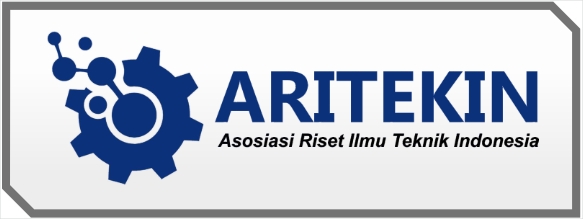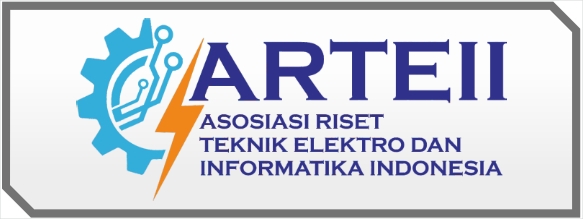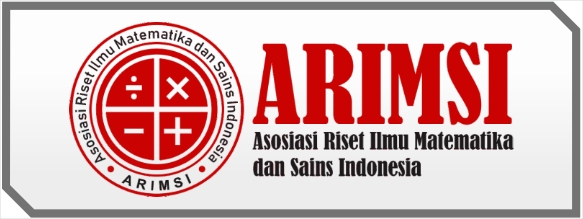Hawalah dalam Bisnis: dari Ide Ke Eksekusi yang Efektif
DOI:
https://doi.org/10.59581/jmk-widyakarya.v3i1.4421Keywords:
Hawalah, international transactions, sharia economics, small and medium businessesAbstract
Hawalah is a debt transfer method that originates from Islamic traditions and is increasingly relevant in the modern business context, especially in international transactions. The background of this research focuses on the importance of understanding and executing effective hawalah to overcome the challenges faced by business actors, such as multiplying exchange rates and payment risks. The aim of this research is to explore the implementation of hawalah in business and identify the factors that influence its effectiveness. The research method used is a qualitative approach, with data collection through in-depth interviews with business people and document analysis from related literature. The research results show that a deep understanding of the hawalah mechanism is very necessary, and information technology support has been proven to increase transaction efficiency and transparency. However, challenges related to data security and the lack of clear regulations are still obstacles. The discussion underscored the importance of education, collaboration with trusted financial institutions, and building trust between the parties involved in the transaction. Overall, hawalah has great potential to support economic growth, especially for small and medium businesses, with the right strategy and in-depth understanding. It is hoped that this research can contribute to the development of knowledge and business practices in the field of sharia economics.
References
Azzam, R., Afif, A., Rizki, D., Mustikasari, R., & Praditya, R. (2024). Ruang lingkup baru studi ekonomi pembangunan Islam di Indonesia: Pendekatan bibliometrik dan systematic literature review. Jurnal Ilmiah Ekonomi Islam, 10(02), 1216–1220.
Beno, J., Silen, A. P., & Yanti, M. (2022). Hawalah dan sejenisnya. Braz Dent J., 33(1), 1–12.
Bopo, D. A. N., & Kesehatan, T. (2024). Analysis of the effect of NPL, credit restructuring, credit guarantee, and BOPO on the health of banks. 7, 681–687.
Choirunnisak, C., Handayani, D. L., & Choiriyah. (2024). Analisis kualitas audit syariah di Indonesia. Al-Kharaj: Jurnal Ekonomi, Keuangan & Bisnis Syariah, 6(7), 5805–5815. https://doi.org/10.47467/alkharaj.v6i7.3354
Fadhly, M., Alif, M., Aziz, A., & Sagara, B. W. (2024). Implementasi media pembelajaran sederhana berbasis digital pada mata pelajaran Bahasa Arab. 1(3).
Firmansyah, A., & Muhammad, E. (2024). Penentu kualitas audit syariah: Sebuah studi literatur review. 09(01), 102–113. https://doi.org/10.37366/jespb.v9i01.1312
Harahap, H. M., Jawab, A. R., Zen, M., & Syarif Hidayatullah Jakarta, U. (2024). Wadi’ah dan hawalah. Journal of Islamic and Educational Research, 2(1), 122–133.
Harahap, Y. C. (2024). Yudi Candra Harahap NIM. 20631096.
Hasan, W. A., Ibadah, F., & Muamalah, A. (n.d.). AL-ISLAM.
Holc, J. P., Wejbert-Wąsiewicz, E., Żuk, P. P., Miller, S. S., Szelewa, D., Mishtal, J., Pierson, C., Kozlowska, I., Béland, D., Lecours, A., Kozub-Karkut, M., Heinen, J., Portet, S., Dillon, M., Uruversiry, Y., & Tjniversity, Y. (2017). Psikologi pendidikan. Angewandte Chemie International Edition, 6(11), 951–952. (Vol. 21, Issue 4).
Liestyowati, L. (2024). Islamic ethics in business and finance: Implication for corporate governance and responsibility. Accounting Studies and Tax Journal (COUNT), 1(3), 195–213. https://doi.org/10.62207/h5emhx78
Muhammad, E. (2024). Pentingnya kompetensi auditor syariah untuk audit syariah pada lembaga keuangan syariah: Sebuah studi literature review. Jurnal Ekonomi Syariah Pelita…, 09(01), 183–193. https://doi.org/10.37366/jespb.v9i01.1320
Pokhrel, S. (2024). No title. ΕΛΕΝΗ. Αγαη, 15(1), 37–48.
Rahman, S. (2022). Bisnis dalam Islam. MUTAWAZIN (Jurnal Ekonomi Syariah), 1(1), 54–62. https://doi.org/10.54045/mutawazin.v1i1.104
Suminto, A., Harahap, S. A. R., & Zulqurnaini, A. B. (2021). Ekonomi dalam pandangan Islam dan perannya dalam peningkatan daya saing sumber daya manusia. Invest Journal of Sharia & Economic Law, 1(1), 1–28. https://doi.org/10.21154/invest.v1i1.2564
Syukri, A. R., Wismanto, K. A., & Qanita, R. (2023). Manajemen kepala Madrasah Ibtidaiyah dalam menumbuhkan pendidikan karakter religius pada era digital. Jurnal on Education, 6(1), 13. https://doi.org/10.29210/146300
Thalia Anggrek, M. I. M. (2020). Pengaruh struktur modal dan corporate governance terhadap kinerja perusahaan. Conference on Economic and Business Innovation, 19(11), 3–16.
Virgiawan, L. O., & Tinggi Ilmu Ekonomi YAI, S. (2020). Effect of professionalism and work experience on audit quality. International Journal of Business and Technology Management, 2(1), 40–53.
Wismanto, A. H. (2016). Fiqih ibadah. Jurnal Energi Dan Manufaktur, 9(2). Nasya Expanding Manajemen. https://doi.org/10.22219/.v2i2.4219
Wismanto, A. H. (2018). Fiqih muamalah (1st ed.). Cahaya Firdaus.
Yustriawan, N. A., & Siregar, D. (2022). Kualitas audit syariah dalam meningkatkan kinerja keuangan bank umum syariah. Jurnal Ilmiah Ekonomi Islam, 8(02), 1247–1256.
Zaky Raihan, D. P. H., Kartika, W. Y., Lidyazanti, & Wismanto. (2024). Dampak media sosial terhadap akhlak di era globalisasi. (2), 301–315.
Downloads
Published
How to Cite
Issue
Section
License
Copyright (c) 2024 Jurnal Mahasiswa Kreatif

This work is licensed under a Creative Commons Attribution-ShareAlike 4.0 International License.

















